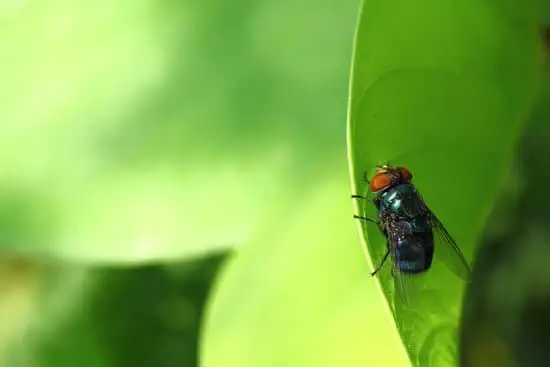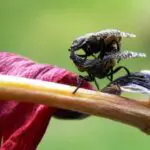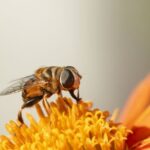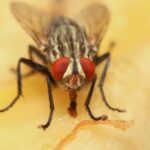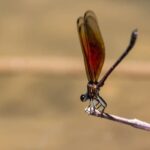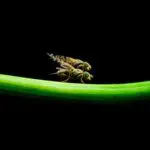What Benefits Do Flies Have?
Although flies are often associated with disease and dirt, many of them actually play an important role in the health and ecosystems of humans and other animals. With more than 100 000 species known to exist, understanding how flies interact with their environment is essential to human wellbeing. The world’s ecosystems are not complete without flies, and their positive contributions to the environment are well worth celebrating.
Some flies are beneficial predators that can help reduce the population of pest insects and other animals that damage plants. Their larvae may feed on aphids, termites, and springtails, among other small creatures. These insects may also act as scavengers.
In the context of agriculture, flies perform a critical service to the environment. Many people are learning to harness the power of flies to their advantage. Using them to attract plants in orchards and fields can help to ensure the survival of crops. In addition, flies are useful for fishers, since their larvae act as bait to catch fish.
Unlike other insects, flies can play a vital role in the ecosystem. They serve as pollinators, recyclers, and scavengers, which means they are important in our ecosystem. Even though flies annoy us, their presence is beneficial. While they are not as beneficial as bees, they are an essential part of our ecosystems. They also play a vital role in pollinating certain plant varieties.
